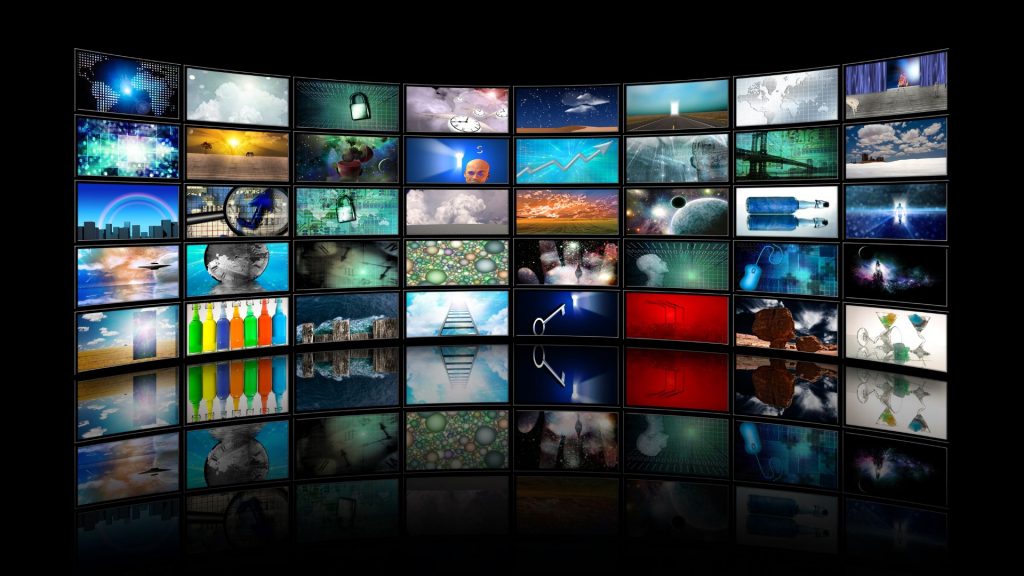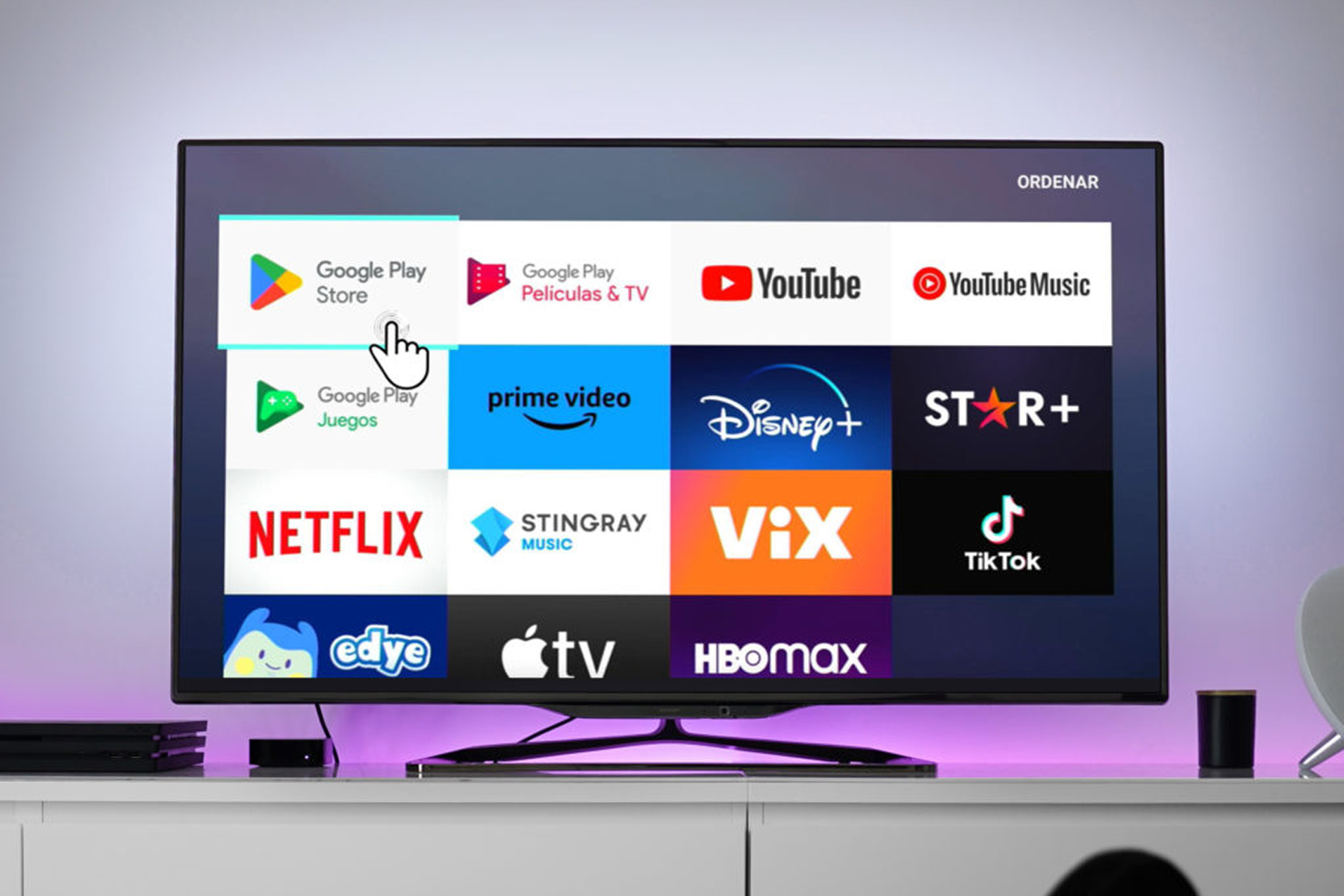Television in the digital world: What does the future hold?
Television in the digital age is undergoing radical change. In an increasingly connected world, television is being redesigned to adapt to this new environment. What does the future hold for television?
A paradigm shift
Television has always been a mass media. But the advance of technology has changed all that. Now, people can watch whatever they want, whenever they want, wherever they want. They don't need to wait for a program to air on traditional television.
This has changed the way people watch television. They no longer watch TV as a passive activity. It is now more interactive and personal. People are looking for content that interests them and suits their needs.
This paradigm shift is having a huge impact on the marketing world. Advertisers can no longer reach their target in the same way as before. They can no longer simply broadcast a message and expect people to see it. They need to find new ways to reach their target audience and capture their attention.

The rise of the "cord-cutters".
Another factor that is changing television in the digital world is the rise of cord-cutters. These are people who cancel their subscription to traditional TV channels and switch to streaming services such as Netflix or Hulu.
This has a direct impact on the revenues of traditional TV channels, as they rely heavily on subscribers to generate revenue. But it also has an indirect impact on marketing. Advertisers can no longer reach their target in the same way using traditional TV channels. They need to find new channels to reach their target audience if they want their campaigns to succeed.
The future of television in the digital world
Thus, the future of television in the digital world is full of uncertainty. We don't know exactly what shape it will take. But what we do know is that it will continue to be an important medium for marketing.




